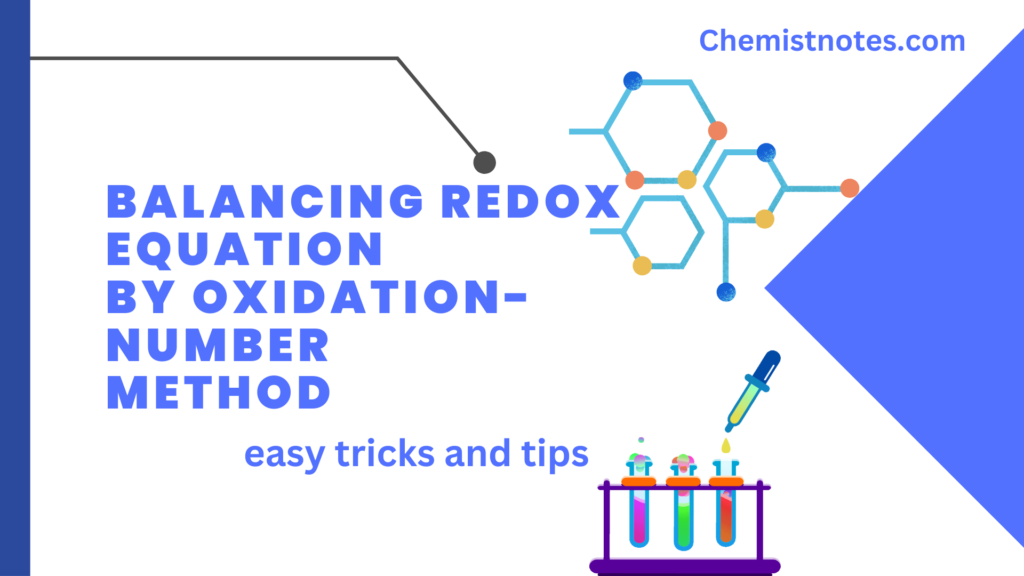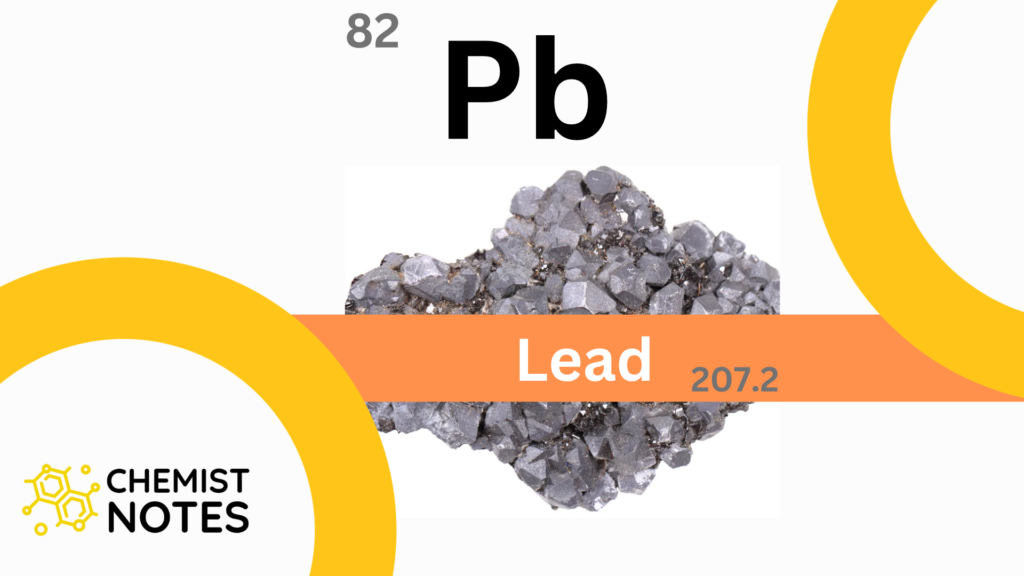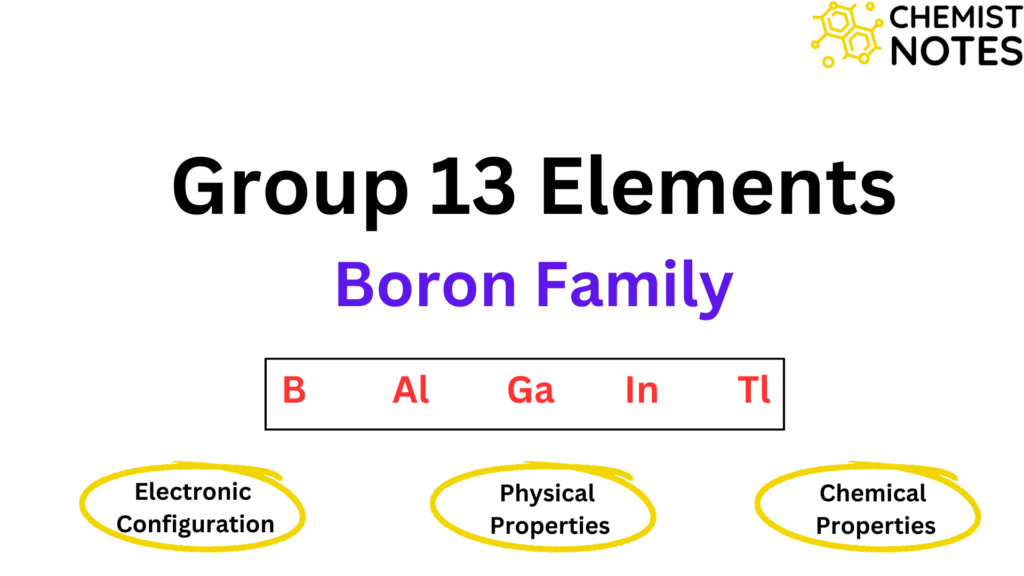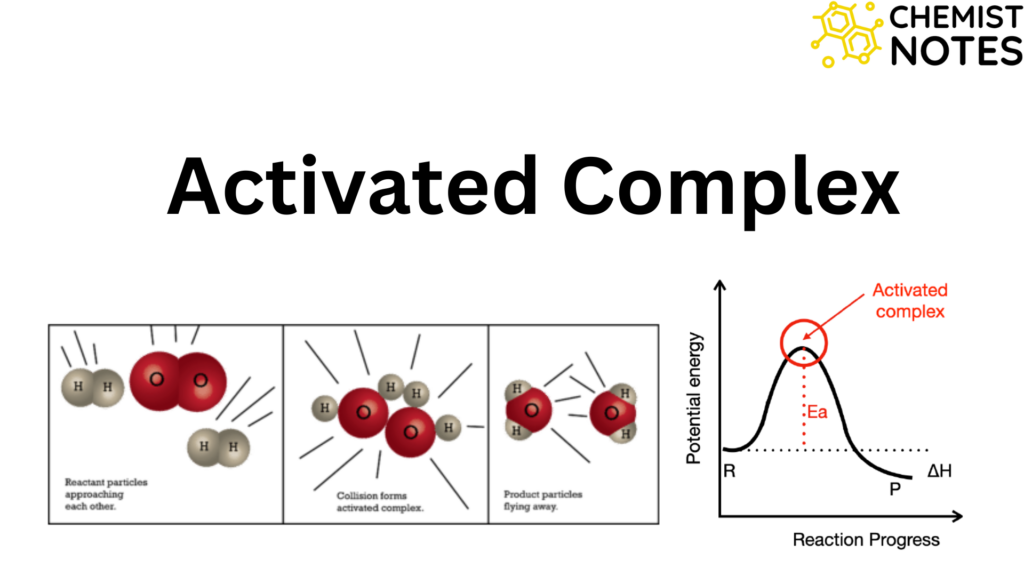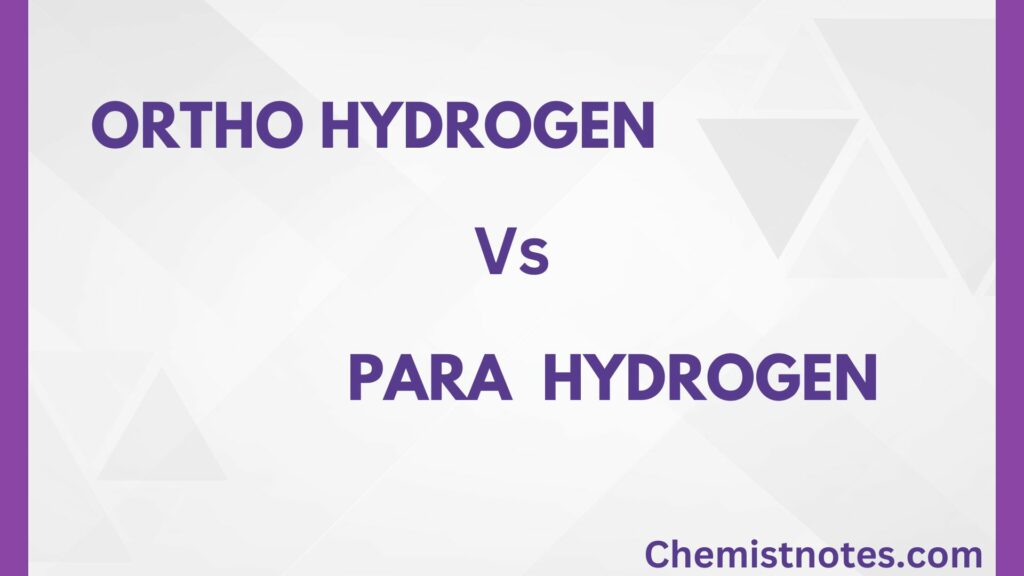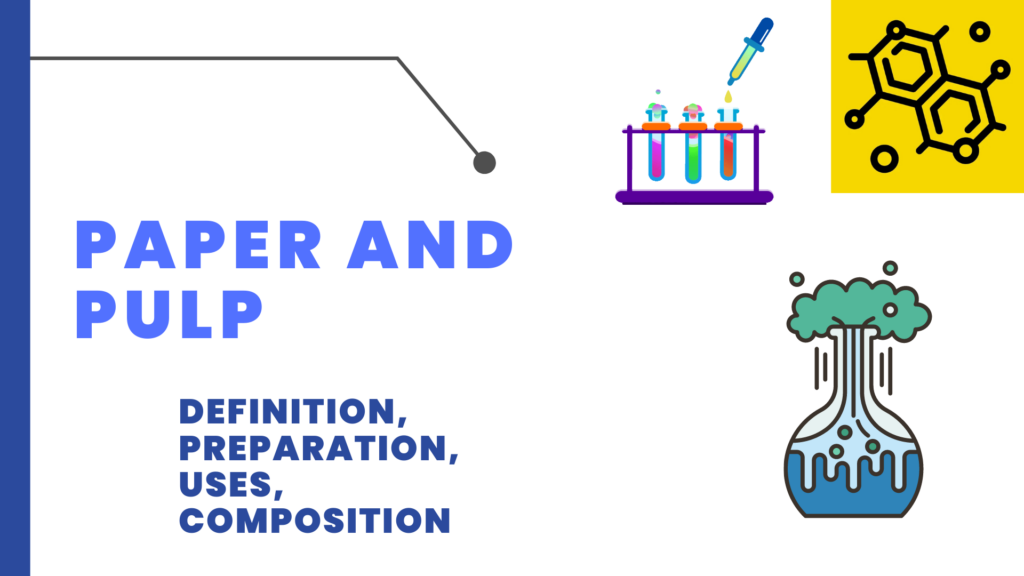Table of Contents
ToggleZinc is an essential trace element with the symbol Zn, which is found naturally in some foods, is added to others, and can be found as a dietary supplement. Our body only requires a tiny amount of zinc, and it is necessary for almost a hundred enzymes to carry out vital chemical reactions. Zn is denser and less reactive due to its smaller radius and higher nuclear charge. It has a much stronger tendency to form covalent compounds. It is produced on a large scale. It is mostly used as a metal for rustproofing, for casting, and for making alloys. Zinc has an important role in several enzymes. Biologically, it is one of the most important transition metals.
Abundance and Occurrence
Zinc belongs to group 12 of the periodic table and has an electron configuration of [Ar]3d104s2. It is a slightly reactive metal with a strong reducing agent. Zn occurs in the earth’s crust to an extent of 132 ppm by weight. It is the 24th most abundant element in the earth’s crust. When the earth was formed, zn was deposited as sulfides. ZnS is mined and is called sphalerite in the USA and zinc blend in Europe. The structure is like that of a diamond, with half the positions occupied by S and half by Zn or some other metal. It is a bluish-white, glossy, diamagnetic metal; however, most commercial grades have a dull surface.
Extraction of Zinc
Zinc is the fourth most utilized metal after iron, aluminum, and copper, with an estimated 13 million tonnes of production per year. Zinc ores, mainly sphalerite (ZnS), are concentrated by flotation and then roasted in the air to give ZnO and SO2. The SO2 is used to make sulfuric acid (H2SO4), which is important for the leaching process. Zn is extracted from the oxide by two different processes. If the ore contains iron oxide as an impurity, it is concentrated by the flotation process. If the ore contains iron oxide as an impurity, it is concentrated magnetically. The silicious impurities are removed by gravity separation.
Health benefits of Zinc
- Zn supplementation boosts specific immune cells in our body and lowers oxidative stress.
- This is necessary for wound healing because this mineral plays important roles in collagen synthesis, immune function, and inflammatory responses.
- Age-related illnesses like pneumonia, infection, and age-related macular degeneration (AMD) may be considerably decreased by Zn supplementation.
- The common skin disease, acne, can effectively be treated by zn supplements by reducing inflammation, inhibiting the growth of bacteria, and suppressing oil gland activity.
Dietary Intake
Zinc is found in animal products such as meat, fish, shellfish, poultry, eggs, and dairy. The amount of zn in plants changes with soil level. Zn-rich foods include:
- Fish and shellfish: Salmon, flounder, Oysters, Blue crab, Shrimp, Lobster, mussels, etc.
- Meat: Beef, lamb, bison and pork
- Nuts and seeds: Pumpkin seeds, Hemp seeds, Pine nuts, Pecans, Chia seeds, and Brazil nuts
- whole grains: Oats, quinoa, brown rice, etc
- Poultry: chicken and turkey
- Mushrooms, kale, peas, asparagus, etc.
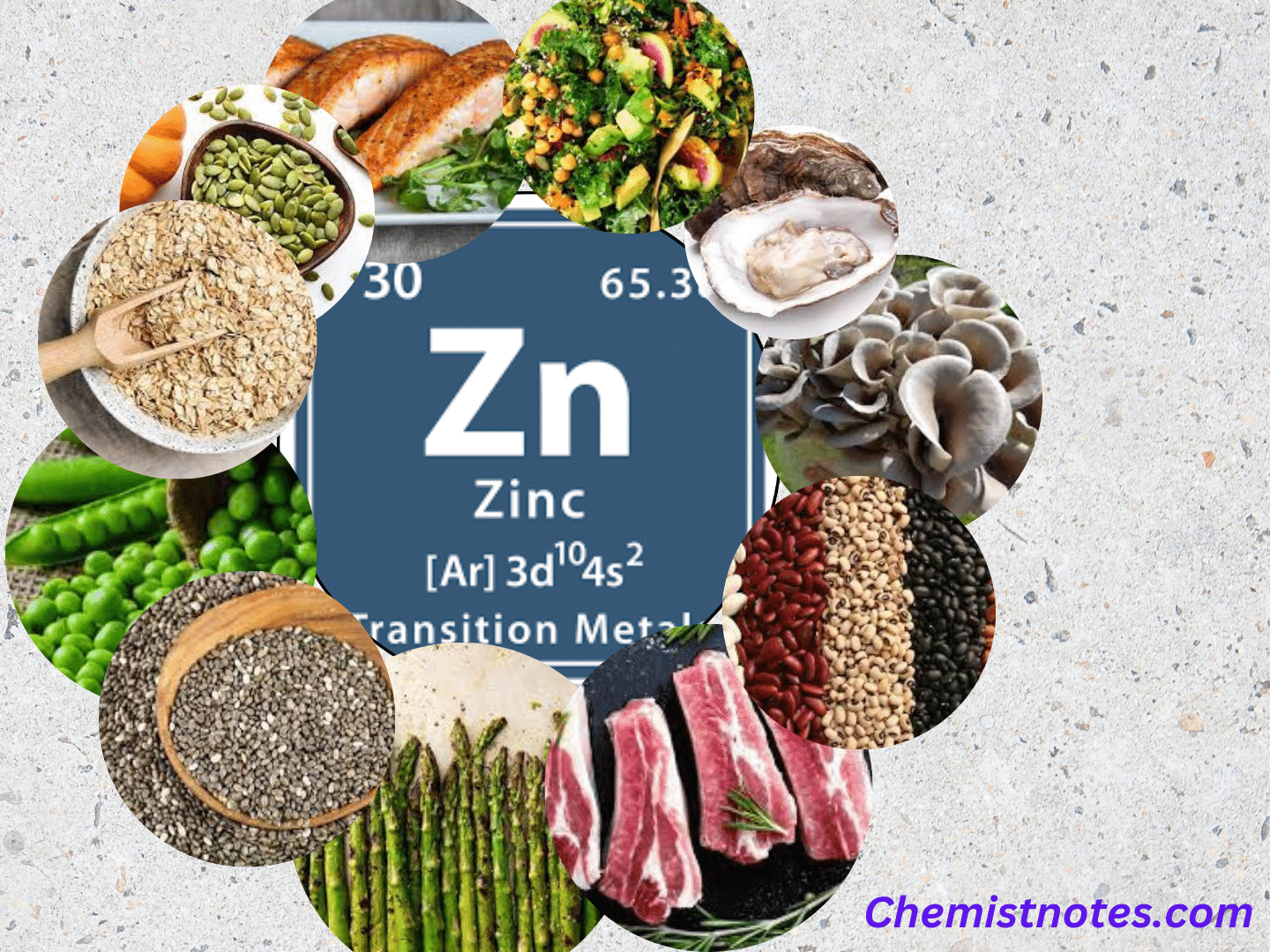
Zinc Deficiency
A Zn deficiency is rare and most often found in patients who do not absorb zn efficiently because of digestive illnesses such as inflammatory bowel disease or who have had gastrointestinal surgery. Chronic liver or kidney disease patients are also at risk. Excessive or prolonged diarrhea might result in Zn deficiency. It can occur in people with unusual genetic defects, breastfeeding children whose mothers don’t get enough zinc, alcohol users, and anyone taking certain immune-suppressing medicines. Zn deficiency can lead to a weak immune system, slow wound healing, and increase inflammation.
Signs of zinc deficiency include:
- loss of taste or odor
- Lack of appetite
- Depressed mood
- Decreased immunity
- Delayed wound healing
- Diarrhea
- Loss of hair
Side effects of excessive Zinc
Excessive Zn consumption might have the same harmful effects as a zinc deficit. The most prevalent cause of Zn toxicity is an excess of zinc supplements, which can result in both acute and chronic symptoms.
- Nausea, vomiting
- Poor appetite
- Abdominal pain or cramping
- Headaches
- Diarrhea
Too much zinc can also lead to other nutritional deficits.
Related video
References
- Australia, H., 2023. Zn deficiency [WWW Document]. URL https://www.healthdirect.gov.au/zn-deficiency (accessed 9.28.23).
- JD Lee Inorganic Chemistry PDF (5th Edition) Free Download – EduBuzzNotes, 2023. URL https://edubuzznotes.com/jd-lee-inorganic-chemistry-pdf-5th-edition (accessed 9.28.23).

